Preventive Healthcare
Insulin Test: Its Uses, and Test Results
44628 Views
0
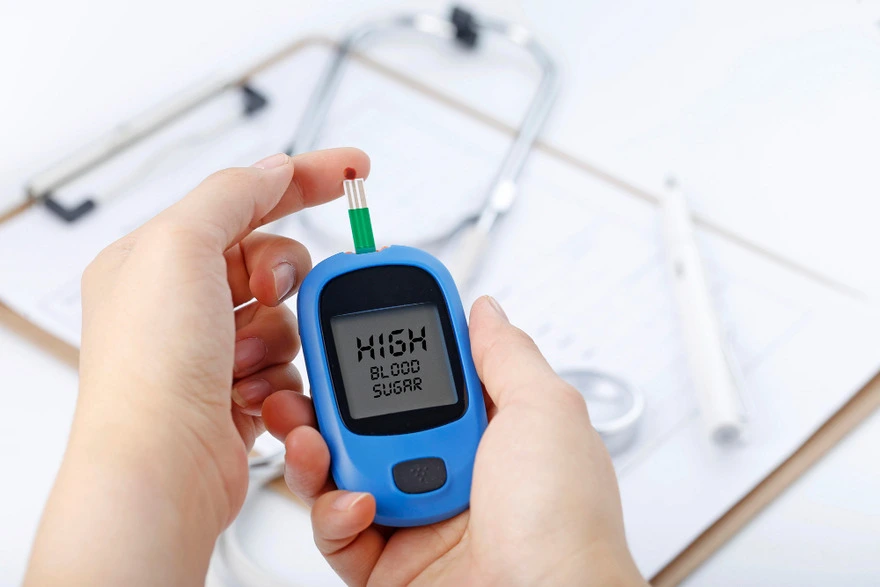
What is a Fasting Insulin Test?
Insulin is an essential hormone that helps move the sugar (glucose) from your blood into the cell, which is then used to create energy. This hormone is produced in the pancreas. An insulin test is a test that calculates the amount of insulin in your blood sample.
As you often have to take this test after fasting, which can be between 8 to 12 hours, this test is also known as a fasting insulin test.
It is used to screen for diseases like prediabetes, diabetes, and gestational diabetes. People already diagnosed with Type 1 and Type 2 diabetes often require an insulin test to manage these conditions.
What is the Fasting Insulin Test Used for?
A fasting insulin test may be used along with other tests to
- Determine the root cause of your low blood glucose levels if you suffer from hypoglycaemia.
- Identify insulin resistance in individuals: The insulin resistance test works because your cells don't respond well to insulin and cannot absorb glucose from the blood.
- Understand the efficiency of your current treatment plan if you have type 2 diabetes and also direct decision-making for this treatment.
- Monitor the working of your pancreas to understand if critical surgeries like islet cell transplantation are working efficiently.
Understanding the Test Results of the Fasting Insulin Test
The results of your serum insulin test depend on the type of condition you have and the timing of your test. Considering all the parameters, your insulin levels should be within the fasting insulin test normal range given below.
- Fasting: Less than 25 mlU/L
- 30 minutes after glucose intake: 30-230 mlU/L
- 1 hour after glucose intake: 18-276 mlU/L
- 2 hours after glucose intake: 16-166 mlU/L
- 3 or more hours after glucose intake: Less than 25 mlU/L
Most often, your doctor may also advise you about a more specific target range for your insulin levels that may depend on factors such as
- Your weight (if you have excess belly fat)
- Your personal history
- How long you have suffered from diabetes
- If you have any complications related to diabetes
- Your age
- If you are pregnant
- Your overall health
- Your physical activity
It is best to talk to a gynaecologist about normal insulin levels for a woman and how pregnancy can affect it.
Why Do I Need a Fasting Insulin Test?
Most doctors order a fasting insulin test in the following situations.
- During your annual health checkups.
- To ensure your pregnancy is not causing gestational diabetes.
- If you have a family history of diabetes and are showing symptoms of the same.
- If your blood sugar levels were high in a previous test.
What Happens During the Fasting Insulin Serum Test?
A fasting insulin test procedure is similar to a regular blood test in which the lab technician will take a small sample of your blood and send it to the lab for further testing.
What Does a High Insulin Blood Test Mean?
To properly understand your results, your doctor will first consider your history and the results of other tests, along with the insulin test. If your insulin level test shows excess insulin and your blood sugar levels are average or slightly above normal, you could have insulin resistance. At the same time, if your insulin levels are within the normal range or high, but the blood glucose levels are lower than average, you may have hypoglycaemia, an excess of insulin in the blood.
What Happens When You Have High Insulin Levels?
High insulin levels could mean you:
- May have a pancreatic tumour
- Cushing's Syndrome
- You may be taking excess insulin as treatment for your diabetes
What is an Insulin Blood Test Called?
Doctors may refer to an insulin blood test or fasting insulin test by the name C-peptide test.
What Causes Low Insulin Levels?
If your insulin test indicates low insulin levels, but you have high blood sugar levels, it could mean your pancreas is not making enough insulin. Low insulin levels can be caused due to Type 1 diabetes or pancreatitis.
How to Check Fasting Insulin Levels?
As insulin levels in the blood constantly change and can be significantly affected by the food you eat, most doctors order an insulin level test. The sample for this test is usually taken first thing in the morning or after a period of fasting that lasts around 8 to 12 hours. A glucose or C-peptide test and a glucose tolerance test can also be used to check insulin levels.
Conclusion
Insulin carries out an important function in the body; because of this, it is essential to keep these levels within normal range. Regular blood sugar and insulin tests help you monitor your insulin levels and give you a head start for treatment if any abnormalities are noticed. Diagnostic centres like Metropolis Labs provide innovative health checkup packages with all the tests needed to stay in touch with your health. Check out the other tests and services provided today.

















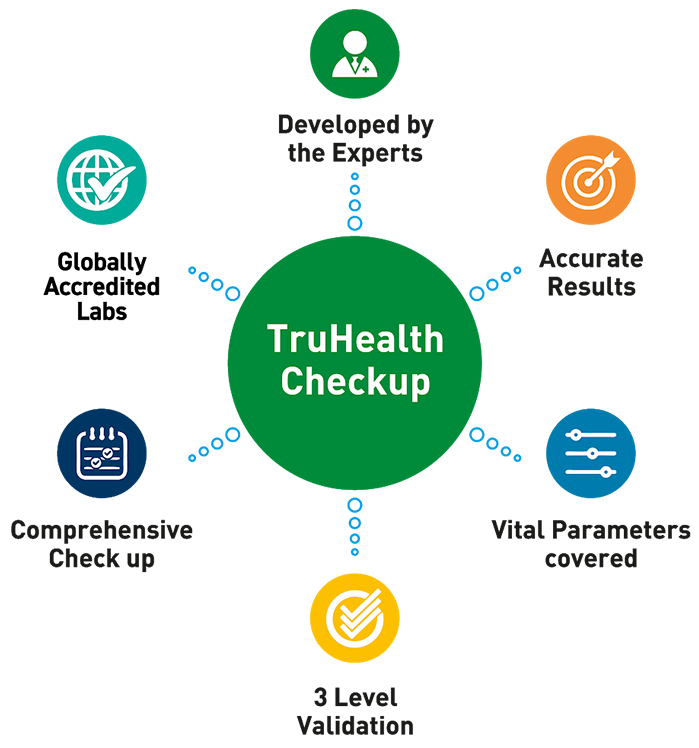

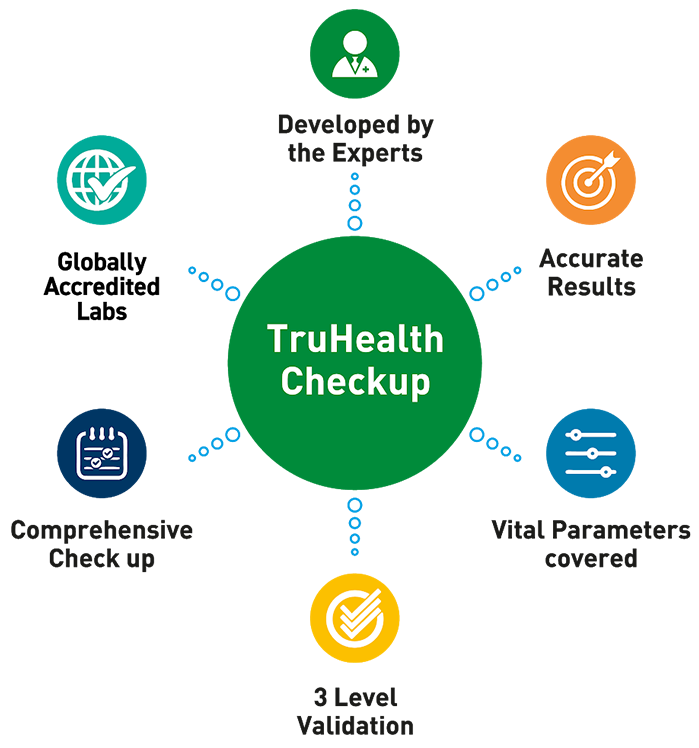
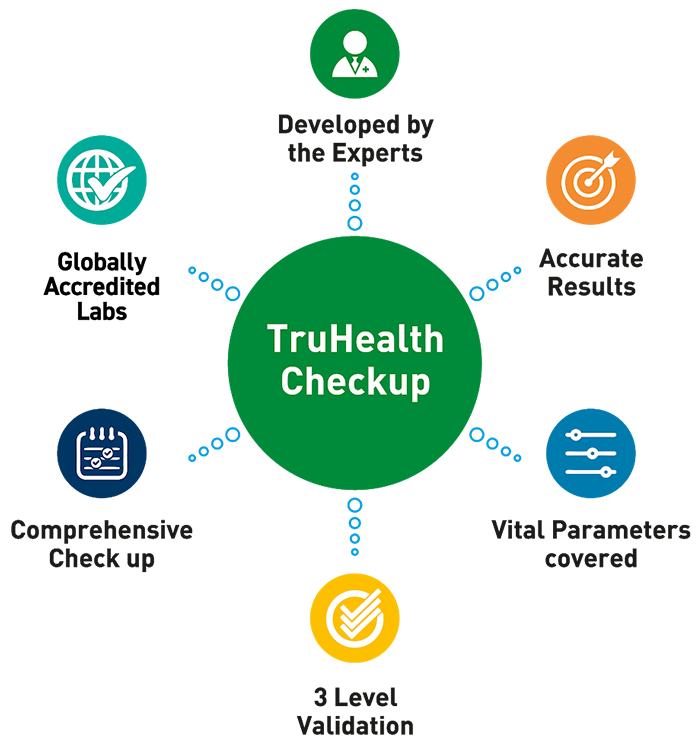
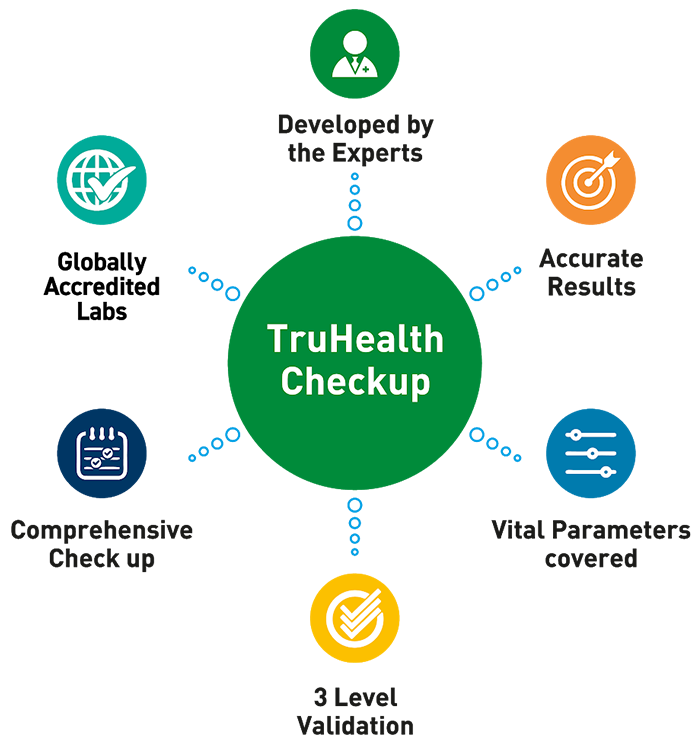
 WhatsApp
WhatsApp